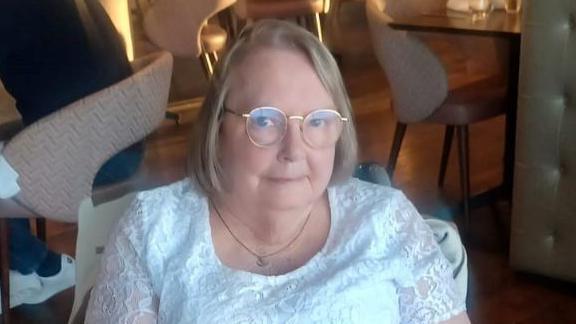Hospitals using AI to predict patient outcomes
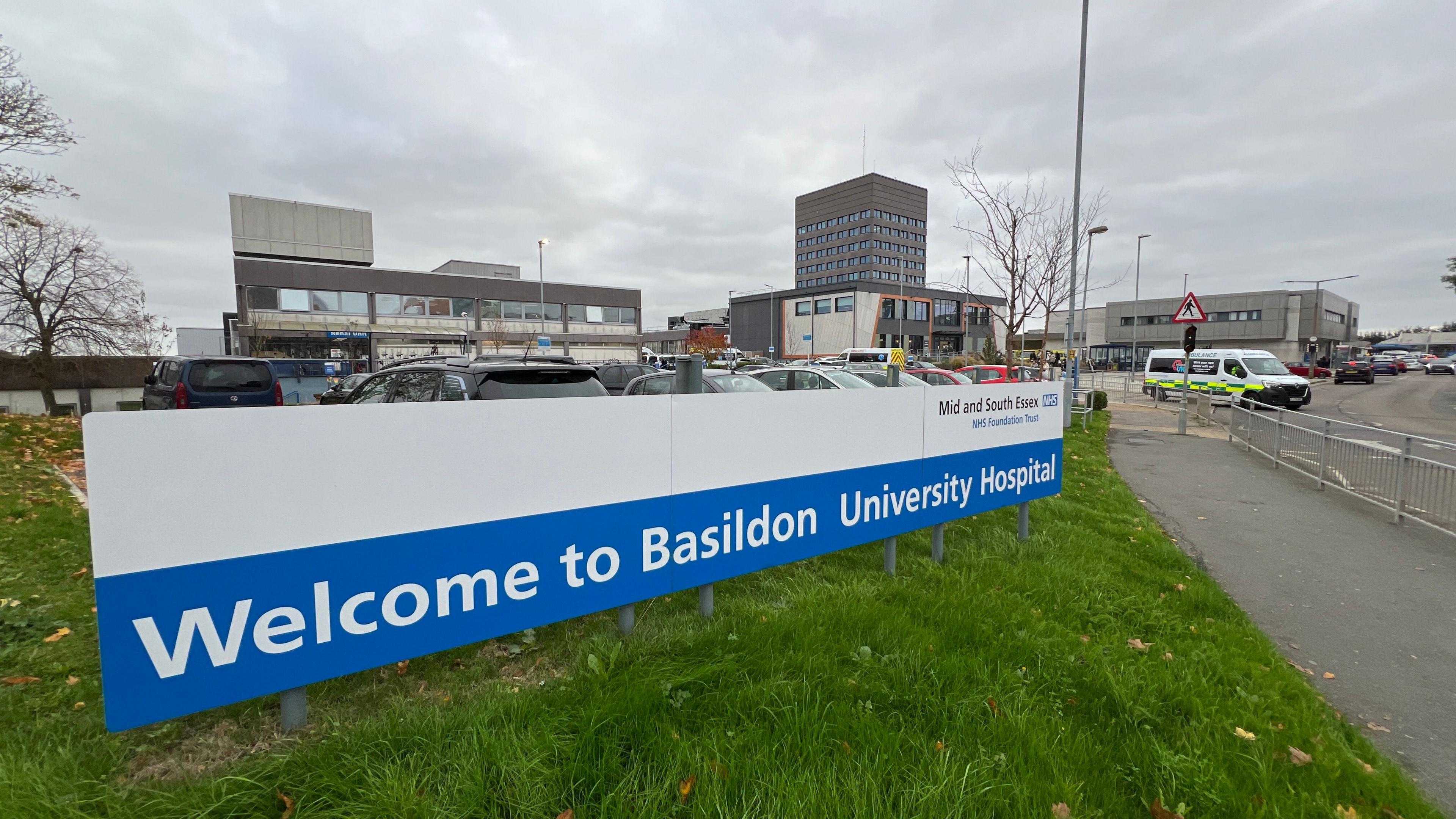
NHS scientists at Basildon Hospital as well as others in mid and south Essex are helping improve patient care
- Published
Hospitals are making use of artificial intelligence (AI) to help predict patient outcomes.
Staff and scientists across Mid and South Essex NHS Foundation Trust's hospitals are using AI and specialised technology to improve patient care.
Hannah Broad, senior chief cardiac physiologist as Basildon Hospital, said AI was "becoming more integrated" in her work.
Other staff members remarked on advances in equipment that had been improving their patients' lives.
"We recently introduced new heart monitoring equipment, improving our ability to gather and analyse data," Ms Broad said.
"AI is also becoming more integrated into our work, particularly in automating measurements and predicting patient outcomes.
"It's exciting to see how these advancements will shape the future of cardiac care."
According to the NHS Trust, there are 50,000 healthcare scientists across the UK working in research or treatment, and they are involved in 80% of all patient diagnoses.
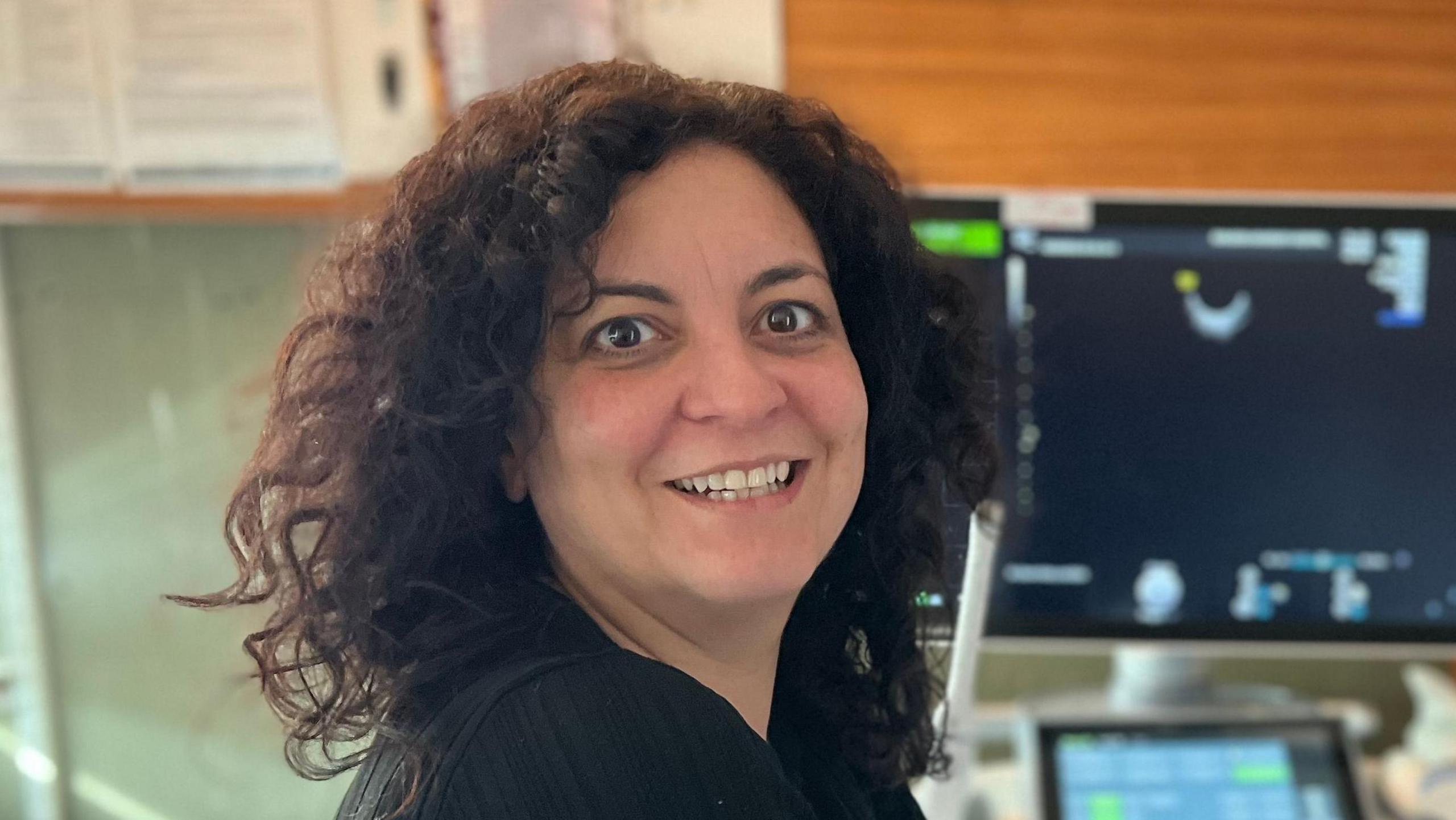
Jennifer Baisden has seen significant advances in the equipment she uses
Jennifer Baisden, superintendent of the ultrasound department at Basildon Hospital, said she had seen significant advances in the equipment she uses.
"The equipment and science are constantly improving, and seeing the technology transform before my eyes is amazing.
"The changes I've seen in the last 20 years have been astonishing, significantly improving the quality of our images and what we can diagnose."
Get in touch
Do you have a story suggestion for Essex?
Follow Essex news on BBC Sounds, Facebook, external, Instagram, external and X, external.
Related topics
More on Basildon Hospital
- Published17 January
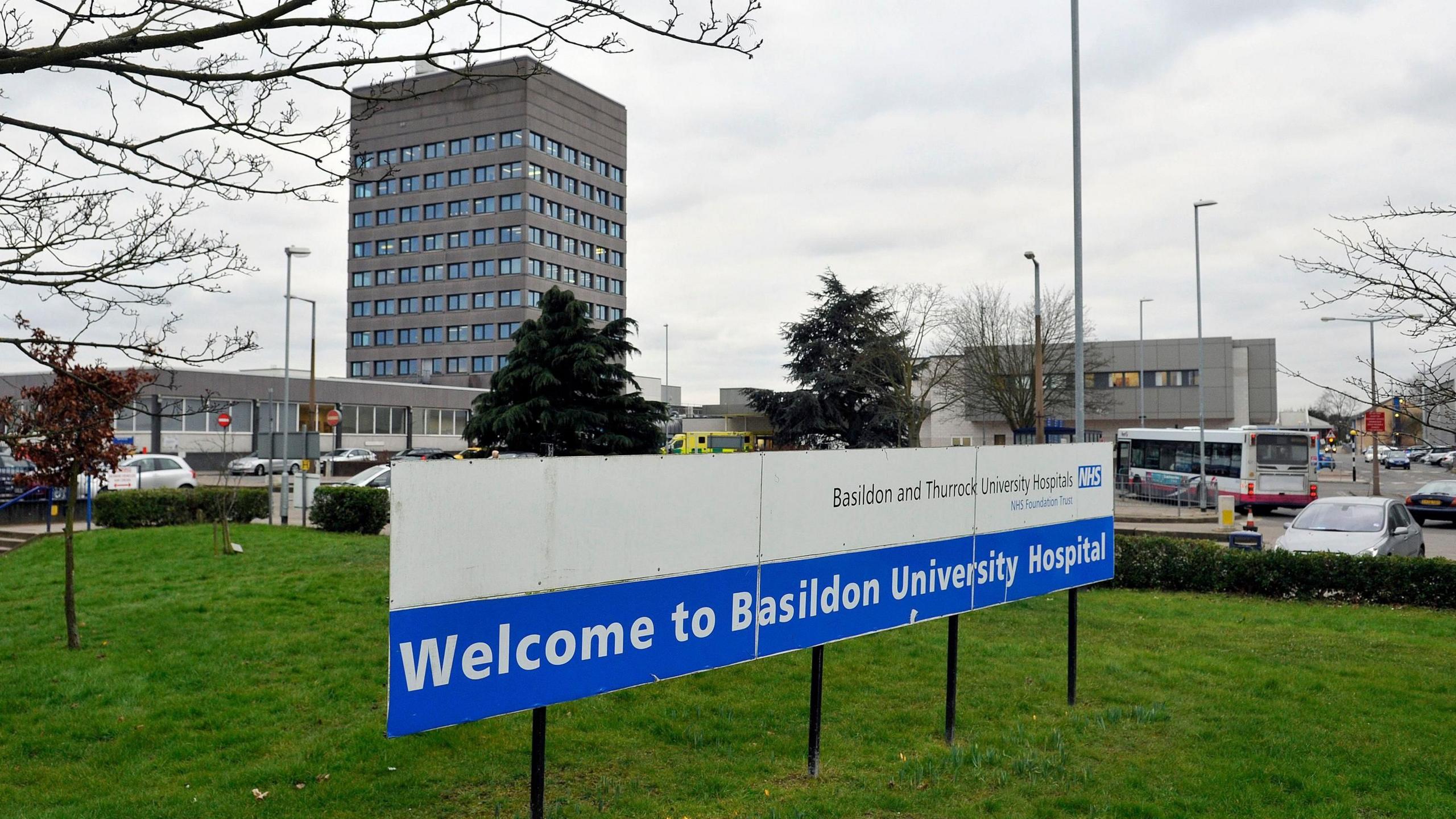
- Published7 January
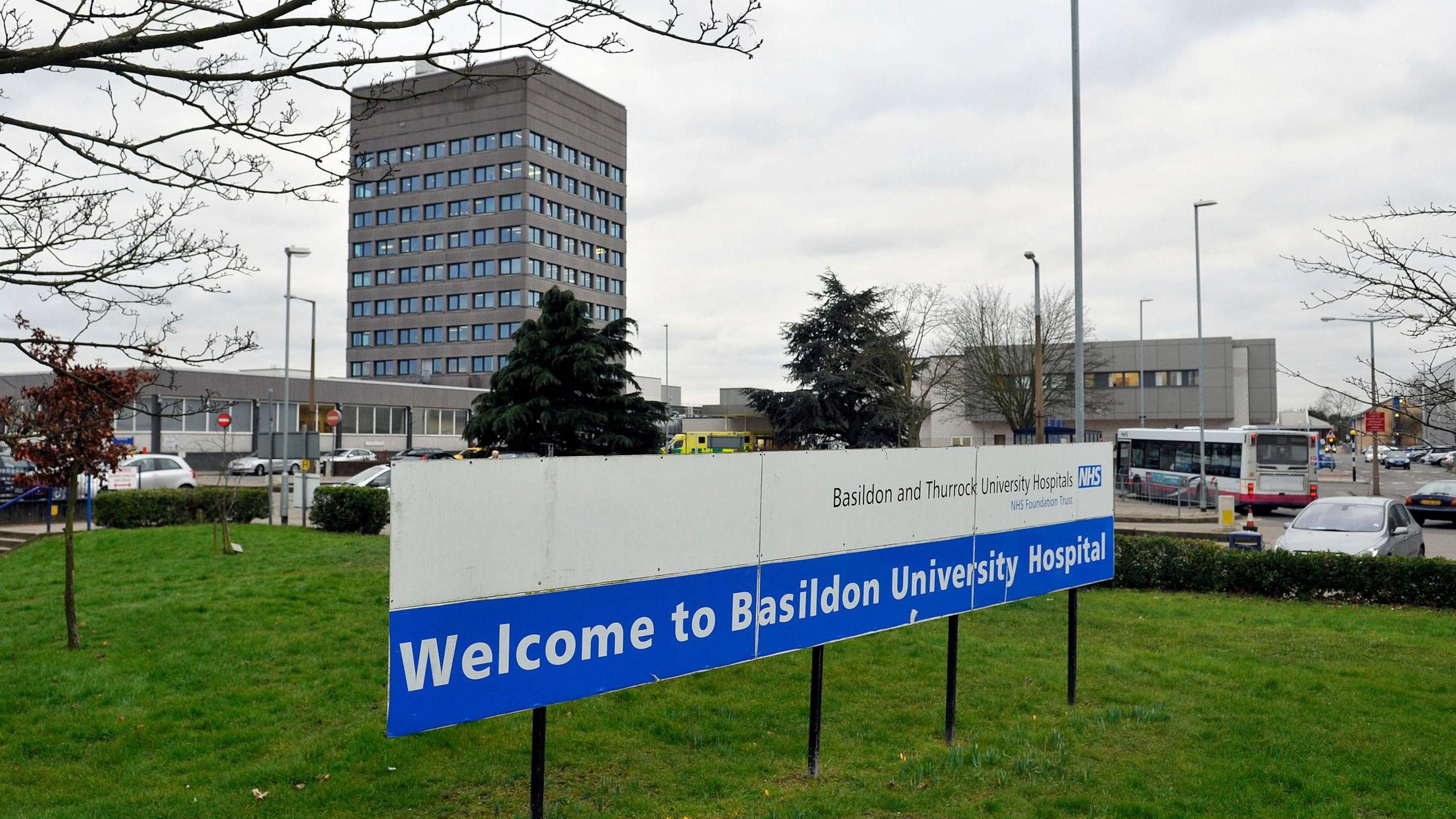
- Published10 January
